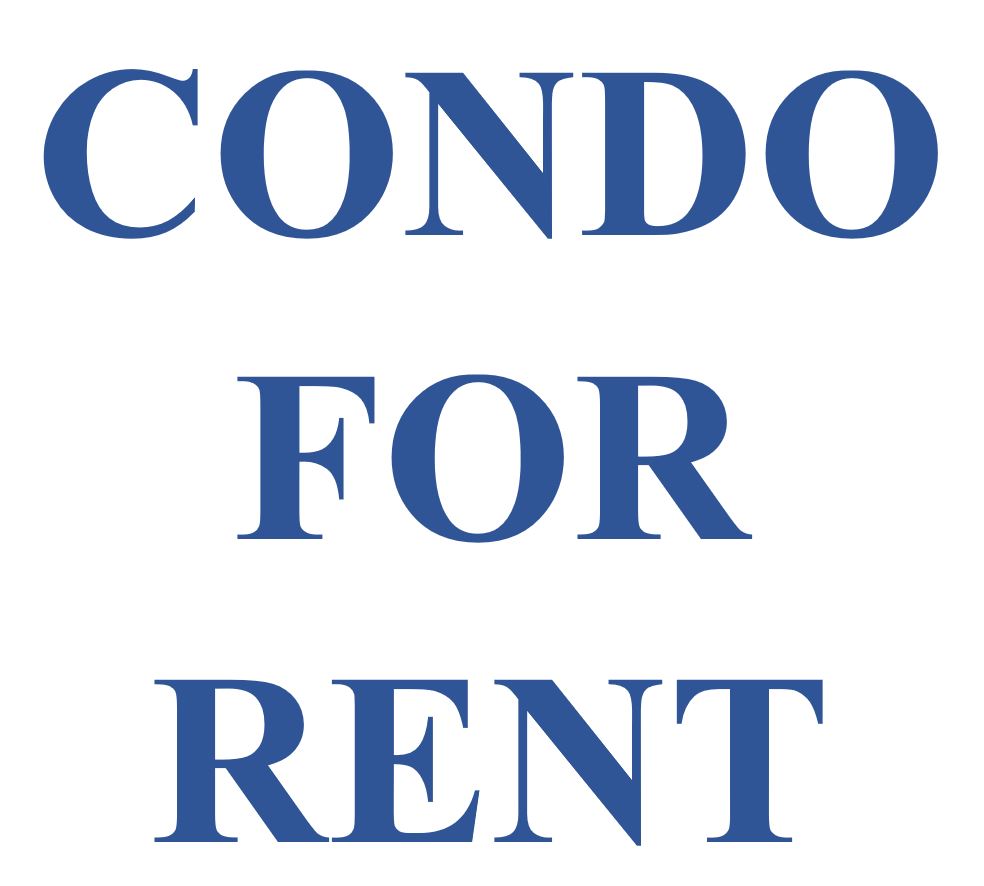Cooperative Unit Owner Pays the Price for Tenant’s Outrageous Conduct
By Tony Bui and An Nguyen, Gardiner, Miller, Arnold, LLP
The idea of tenants seems attractive on paper – who wouldn’t want someone else to pay down their mortgage for them? But social, ethical and economical debates aside, being a landlord is not always sunshine and roses. After all, tenants are temporary residents with no equitable stake in their units. We’ve all heard stories about “nightmare tenants”. And when we take Toronto’s never-ending condo boom into account, tenants in condos are an even bigger problem. Bad tenants in condos often force other residents to put up with their nonsense.
A Toronto condominium community recently came face-to-face with their own tenant from hell. In MTCC 1025 v. Hui, residents, security staff, and contractors were the subject of disturbing and threatening behaviour from a tenant that went well beyond the fray of your usual nuisances. In the span of approximately two months, the tenant:
- Threatened a security guard with a knife;
- Exposed himself and performed “lewd sexual acts” in the common elements of the condominium building;
- Allowed others to deal drugs on the property;
- Forced his way into a resident’s car and a contractor’s van;
- Defaced unit doors and nearby walls;
- Set up a chair and blocked the entrance of the building so residents could not enter (they had to enter via the loading dock); and
- Banged on a neighbour’s door at 1 AM, startling the neighbour and her 12-year old daughter.
Understandably, the condominium was left with little choice but to bring a compliance application under the Condominium Act naming the unit owner and tenant as respondents. To the owner’s credit, she cooperated with the condo from the outset and delivered an eviction notice to the tenant. Unfortunately, the Landlord and Tenant Board denied her request for an expedited urgent hearing. Fortunately for those who were forced to put up with the tenant, at some point in the interim, he was arrested and therefore no longer on site.
The Court had no trouble granting a compliance order against the tenant, but who was responsible for the condo’s costs? The condo had to bring an urgent application out of necessity. The condo’s Rules held the owners responsible for the condo’s costs resulting from their occupant’s breaches. As a result, the Court ordered the owner and tenant to be joint and severally responsible for the condo’s costs of $10,000.

While the condo is entitled to recover the full $10,000 from the tenant, we wouldn’t count on it. Unfortunately the owner will be the likely target for recovery. The Court sympathized with the owner since she fully cooperated with the condo and took immediate steps to evict the tenant.
She also paid out-of-pocket for added security. But the Court held that it would be unfair to force other unit owners to contribute to the application costs since the owner was ultimately responsible and liable for the tenant.
This case is a reminder that unit owners are ultimately responsible for their occupant’s conduct even when the owner cooperates and takes reasonable steps to obtain compliance. This framework protects other innocent owners from being burdened with legal costs because of one bad resident. Unit owners should expect to take full responsibility for their occupants and should seriously consider the consequences when leasing their units and vetting tenants.
This case doesn’t stand for the proposition that “all tenants are bad”. The takeaway here is that having tenants is a serious risk. There are some valuable lessons to be learned:
- Thoroughly Vet Potential Tenants: You wouldn’t buy a car without test driving, and we figure you also wouldn’t rent your home to someone you don’t think you can trust. Meeting your tenants and conducting background checks, credit checks and references are all good starting points. While there is no magic formula to determine who would be a good tenant, a first impression is everything. They may not be the best fit if they show up very late to the viewing, don’t answer your messages promptly or are generally unpresentable when you meet them. But while red flags are always a cause for concern, you should always be careful not to discriminate against anyone.
- Maintain Relationship with Tenant and Condo: In tenant-condo disputes, the landlord-owner is always caught in the middle. It is an unfortunate position, but such is the price of being a landlord. In these situations, the landlord-owner could act like a neutral mediator and bring the condo and tenant to a common understanding and resolution. This is only possible if the landlord-owner is in the tenant’s and condo’s good books.
- Act Early and Act Fast: In the face of misbehaving, condos should get unit owners involved early. This could resolve the problems immediately, but if not, it puts the onus on the owner to take reasonable steps to resolve the problems. There is also a practical benefit for both sides to act fast. There are cases where owners were relieved from paying costs because the condo did not inform them of their tenants’ misconduct or did not provide enough information for
the owner to take appropriate steps. Condos can recover costs from the tenants, but this comes without the added security of a registered lien against a unit.
The Hui decision won’t slow the rising number of rental units and new landlords in Toronto, but it serves as a tale to landlords.
